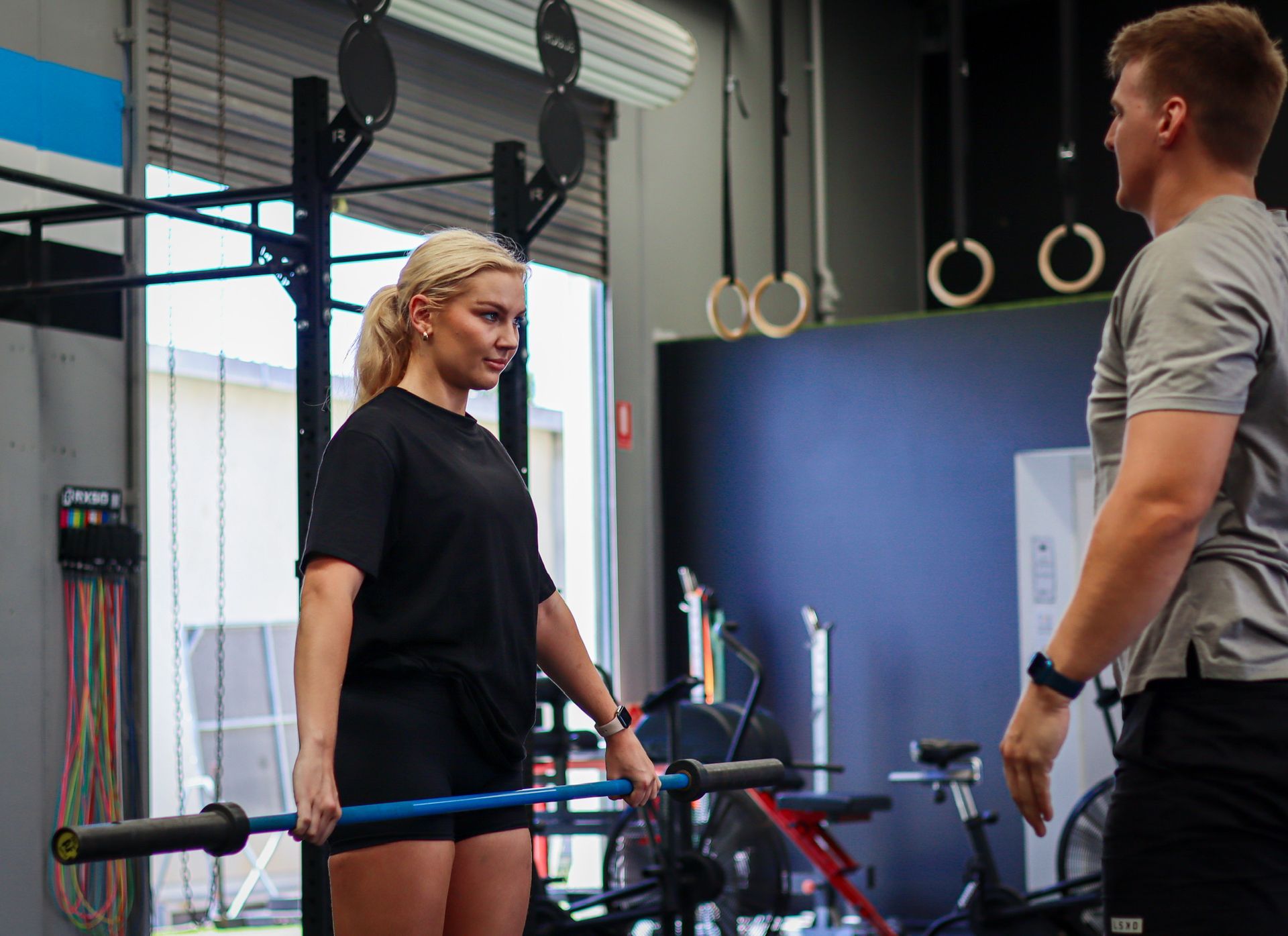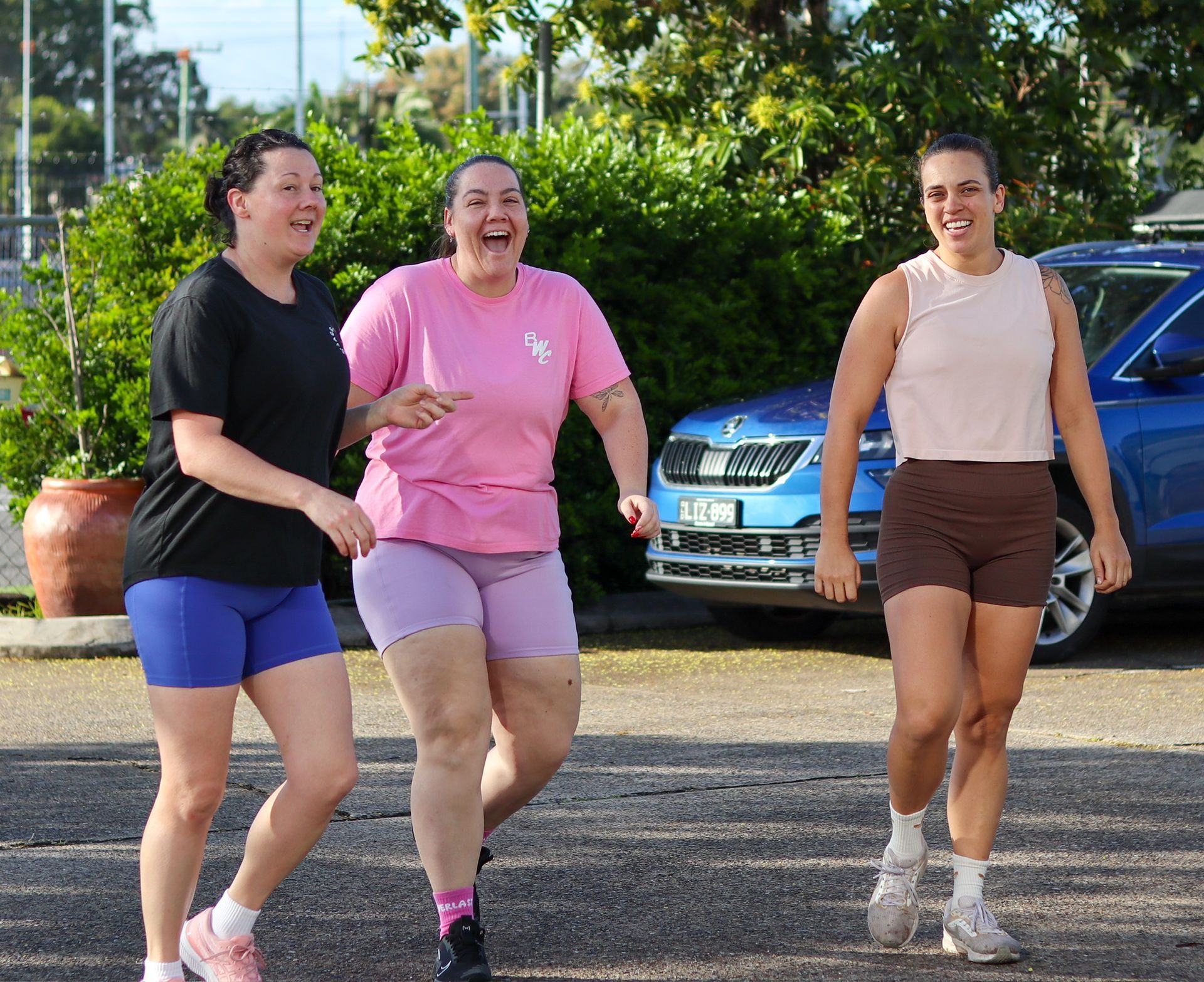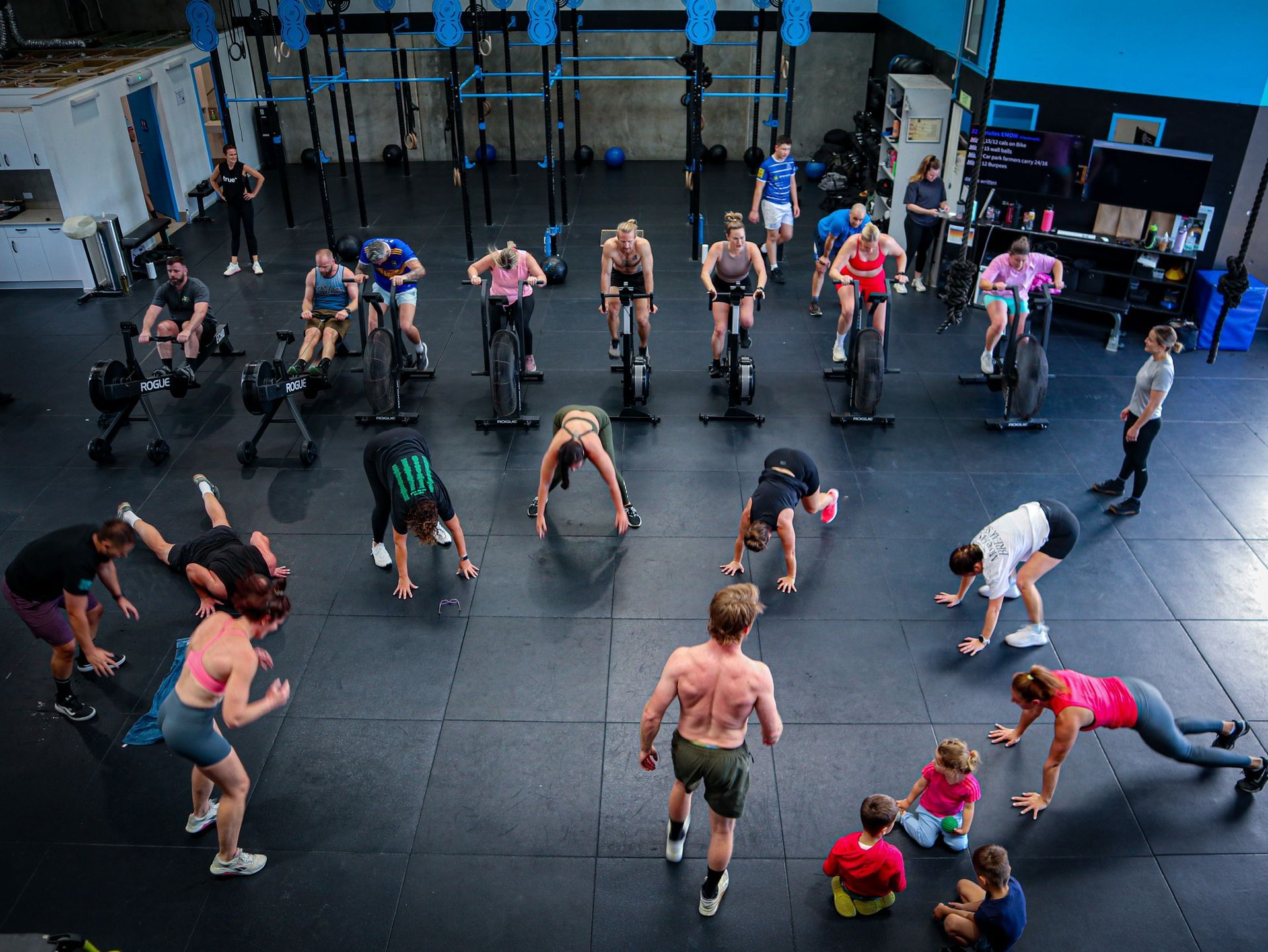Taking A Break Can Help Your Training
Recently, my wife and I took a break from day-to-day life and headed to Thailand for a week of rest and relaxation.
Initially, I had it all planned:
- I found a resort with a fantastic gym.
- I even programmed a week’s worth of workouts based on the equipment available.
After day one, following a solid bench and accessory session, I realised something important:
➡️ Part of taking a true break meant stepping away from active training—and that was a healthy choice for me.
Realising the Need for a Different Kind of Recovery
My full-time job revolves around exercise.
My
hobby revolves around
exercise.
And although I don’t train as intensely as I once did, I still train consistently.
It became clear:
- My body needed a rest.
- My mind needed a break from constantly thinking about programming, training schedules, and exercise goals.
So I scrapped the workouts for the remainder of the trip.
Instead, we chose active relaxation:
- Lots of swimming
- Walking
- Enjoying amazing food
- And, yes, the occasional cocktail
The Result? Total Refreshment
Taking this approach left me feeling:
- Mentally refreshed
- Physically recharged
- Excited to return to the gym ready to hit it hard again on Monday
This small shift reminded me that training recovery isn't just physical—mental recovery is equally vital for sustainability and long-term progress.
Key Takeaways from the Trip
🧠 Take time away from the grind:
If you need to step back—it’s okay. It's often exactly what your body and mind need.
🍴
Enjoy the experience:
Whether that means
easing back on training, indulging in
incredible food, or having a
few cocktails—embrace it without guilt.
🏋️♂️
Or keep some structure if needed:
If you’re someone who feels better with a bit of
training structure even while away, that’s fine too!
Active recovery can help flush out your system and keep you feeling good.
✅ The most important thing: Do what feels right for YOU.
Need Help Planning a Holiday Training Routine?
If you’re planning a trip and want guidance on holiday workouts—whether you want something structured or something light—speak to the Rebuild team.
We’re always here to help you find the right balance between rest, movement, and enjoying life to the fullest.
Because real fitness is about
long-term health,
not just grind after grind.
Previous Blogs




